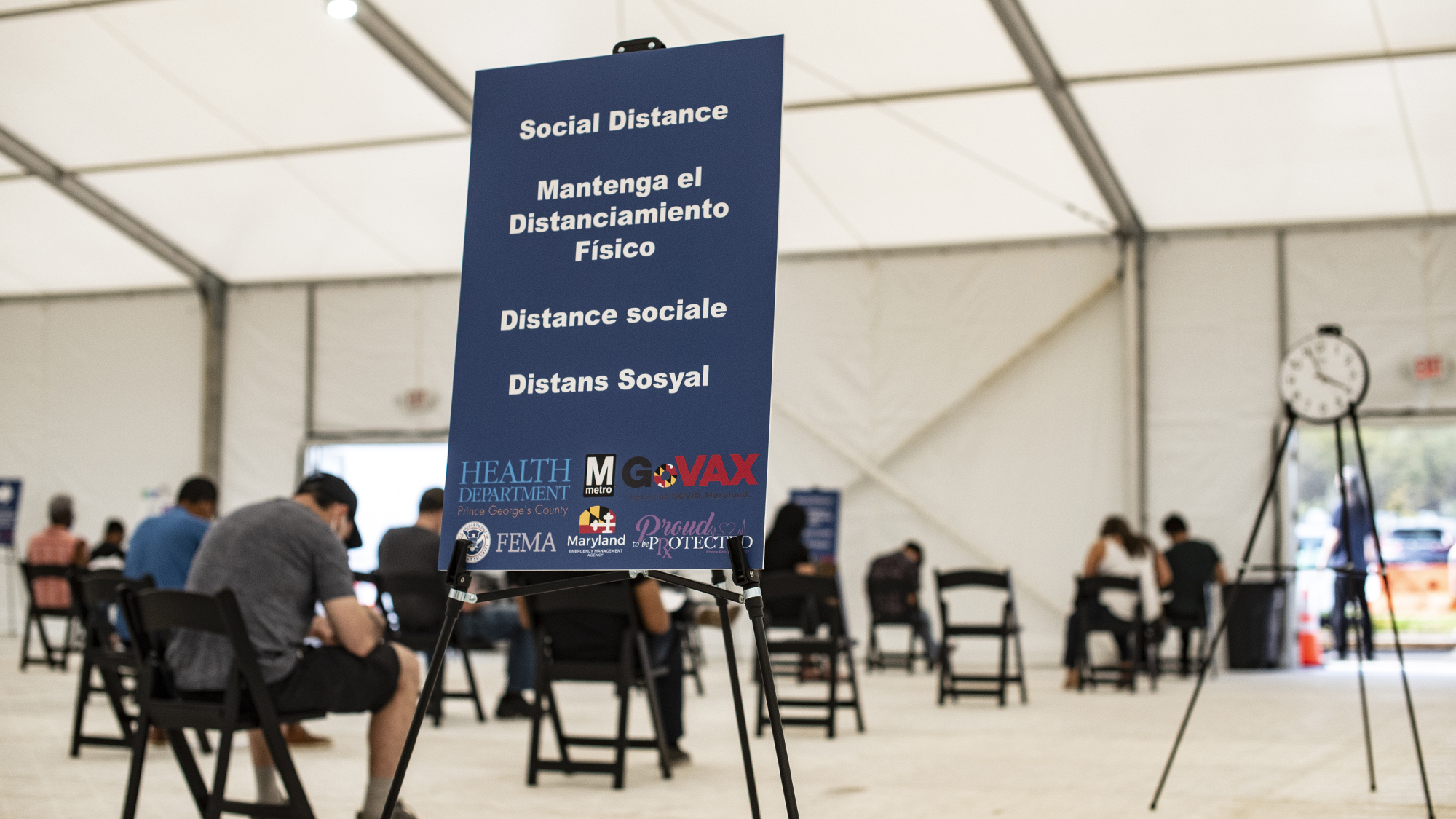Views expressed in opinion columns are the author’s own.
The endlessly exhausting political culture wars seem to have moved onto a new topic: vaccine passports.
“Vaccine passports” are a form of proof that an individual has received the COVID-19 vaccine, such as a barcode on an app. And some businesses and institutions — although not the federal government — have said they will require these passports for service. Similar proposals are going through testing in other nations, including the United Kingdom and Israel.
The proposal has riled up conservatives who are calling it an attack on individual liberties. Republican Govs. Ron DeSantis and Greg Abbott, of Florida and Texas respectively, have already banned any state government agency from issuing or mandating proof of a COVID-19 vaccine — and conservative governors of other states have indicated they will follow suit.
This is unfortunately not a new phenomenon, as almost all health measures related to COVID-19 have received the same deeply misguided criticism. This line of thinking prioritizes a sense of individuality over the good of everyone. Moreover, it ignores that vaccine passports and similar efforts are common sense and can help guide us toward the end of the pandemic.
Vaccine passports seem to be an efficient way to prevent large groups of unvaccinated people from congregating, and requiring the vaccine for certain events will also serve as an incentive for people to get vaccinated. Though they should not be mandated for all activities, it would be irresponsible on both an individual and societal level to allow unvaccinated people to engage in high-risk behaviors, such as international travel.
Similar measures are already in place for other diseases. It is standard procedure for schools, the University of Maryland included, to require vaccine records from its students before they attend. Many countries require proof of shots for international travel, even before the pandemic. When the COVID-19 vaccine becomes available to most people, it makes complete sense for schools and other institutions to require it just as they require the polio and smallpox vaccines.
This will undoubtedly be frustrating to the people who will have to wait longer to get the vaccine, although this disparity is also why vaccine passports should not be implemented until everyone is at least eligible. But the alternative is continuing to allow the virus to spread, which will happen if precautionary measures are not taken. Drawing out the pandemic only makes life worse for everybody, including those who feel these measures are attacking their liberties.
Vaccine passports are not a long-term plan. In a few years, no one will stop you outside a concert or sporting event and ask for your shot record, but this will not be because freedom has been restored. It will be because it’s assumed enough people already got the vaccine to make it a nonissue. Vaccine passports are simply a short-term measure some institutions are taking to prevent COVID-19 spreading on their premises. Insinuating otherwise is nothing but misleading.
I value individuality as much as anyone else, but it should not extend to areas where others’ health and safety are put at risk. The intentionally misleading criticism of vaccine passports makes it seem like people are being discriminated against for their beliefs, but vaccines should not be something you can you opt out of. Asking for proof of inoculation is a common safety procedure even in non-pandemic times; don’t let the recent controversy convince you otherwise.
Adam Cullen is a sophomore government and politics major. He can be reached at acullen@umd.edu.



